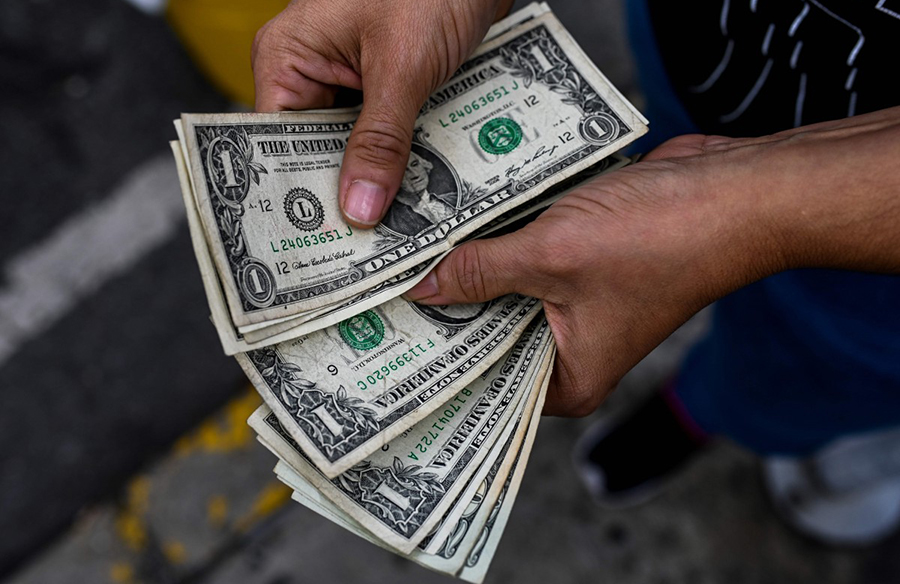Nigeria’s recent Eurobond raise of $1.25 billion is too small, according to analysts at a Nairametrics OnTheMoney (OTM) podcast show held on social media app Clubhouse.
Nigeria recently closed a $1.25 billion Eurobond raise last week priced at a 7-year rate in the International Capital Market which it plans to use to boost Nigeria’s external reserves, finance critical capital projects in the budget.
According to the Debt Management Office, the price was tightened to 8.375% per annum, and demand was as high as $ 2.676 billion.
Read: How to invest in Nigerian Eurobonds
We should be taking more
With a subscription of $2.67 billion OTM analysts, Wale Okunrinboye suggested that Nigeria should be going for larger Eurobond issuances rather than piecemeal offerings.
- “We have raised one billion dollars over the course of this year, we will likely pay an equivalent of that amount in interest expense. So, we should not be doing those sorts of small transactions, we should be doing much bigger transactions.”
- To place it into context “For instance, Nigeria raises $1billion over the course of this year, we are likely to pay an amount almost equivalent to $1billion in interest expense.”
- He also referenced Egypt which given its size does much bigger transactions rather than smaller Eurobond raises. Egypt raised $3 billion last September in Eurobond issuance during the year. In May 2020, they also raised $5 billion in Eurobond transactions, its largest ever at the time.
- Nigeria’s highest Eurobond offering remains $1.5 billion issued in 4 times over the course of the last 10 years. The smallest offering is about $300 million.
Nigeria reported a total Eurobond of about $14.3 billion and $300 million in diaspora bonds representing 38.2% of Nigeria’s total external debt stock. The recent $1.25 billion takes the country’s total Eurobond stock to $15.5 billion.
- According to the view, at an average interest payment of about $1 billion in Eurobond obligations, the $1.2 billion is essentially a refinancing of existing debt obligations and does not significantly add to Nigeria’s cash flow.
- But, an alternative view, however, suggests a higher Eurobond issuance for the government that has just over a year to go may not be a good idea and the utilization may not be as effective and responsible as required.







